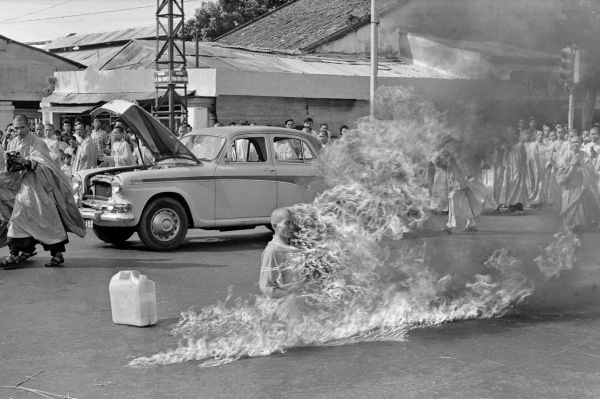MONDAY, 8 SEPTEMBER 2014
My professional ambitions* are WRITING, PUBLISHING what I write, and MAKING MONEY.
* Professional ambitions: What you do when you are not relaxing or doing things that improve your life.
THURSDAY, 11 SEPTEMBER 2014
Incidentally, on Tuesday, 17 November 1998 I asked: “Why Taiwan?”
I answered: “To be free of debt in two or three years’ time and to empower myself financially. Why? To focus on my singular ambition – to write. Why? So I can give expression to my need, my desire, my urge to create. Why? So that when I return to dust, I can leave something behind.”
How does this compare with what I wrote on Monday? In both notes, I used the word ambition. In both notes writing featured prominently. But what good does it do if you finish a novel every few months, and every few weeks another short story, and every now and then a poem or an essay, and no one ever reads it? That is where publication comes in. I have made it a priority to learn how to publish – my own literary projects, but also more commercial projects.
I also mentioned financial empowerment in November 1998, to make it possible for me to pursue my “singular ambition”. Now, too, I want to make money, not just so that I can spend the best hours of my day on my own projects, but to make life easier for the special woman in my life, and to be able to enjoy more of life with her.
In short, the choice of words is somewhat different. What is behind it, has remained more or less unchanged.
______________________
